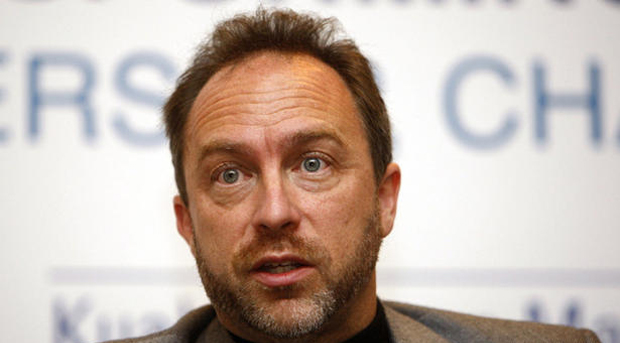A lot of the online community understand that piracy and illegal streaming both contribute towards revenue loss for the movie industry. Note to USA: we get it. There are those who stand behind it as a push towards open-source markets and transparent access – especially when pertaining to documentary film, both political and economic. Then there are the anti-capitalists among us who fight against monopolisation and market control (in 2011, Warner Bros. Pictures, Paramount Pictures, 20th Century Fox, Walt Disney/Touchstone Pictures, Columbia Pictures and Universal controlled approximately 82% of the U.S. and Canadian box office). And there are others who defend the right to unedited and uncontrolled freedom of speech – and embedded in the discussion of “what is piracy?”, or what you can and cannot say online, is the role of freedom itself.
As the Stop Online Piracy Act (SOPA) and PROTECT IP Act (PIPA) wriggle their way into mainstream discourses, all sorts of “pirate activity” come into question: movie piracy, streaming, copyright infringement, identity fraud, phishing, e-commerce and others. Yet it seems pretty clear that the movie industry will be pushing these bills most aggresively, as at the moment, it has failed to adapt to a world created online, aimed at the file sharing networks we have come to expect as standard. If these bills are pushed, it becomes a dangerous position for the government to occupy.
This writer opts to claim the slippery-slope argument. So many questions arise out of SOPA: how intangible do the concepts of “ownership” or “permission” become, say when redistributing and promoting filmed or edited material in countries under autocratic or authoritarian rule? Can partisan governments hide behind SOPA if they want to prevent a group of individuals from uploading their side of the story? An example: during the Arab Spring, proxy sites were used to upload and share information on humanitarian crisis, an access tool which would be limited and most likely banned if SOPA was passed. We have to ask: is this right? It becomes relatively easy for proxy sites to change their scope without bowing to the watery laws which will be implemented by governments and virtual parliaments should the bill become law.
These online liberties which face demolition are what fuel actions such as the Wikipedia blackout occurring tomorrow (January 18th 2012). In protest against SOPA, founder Jimmy Wales has stated that the English version of Wikipedia will “go dark” – acting largely as a rallying call to other organisations fighting for online freedom and the right to open-source industry.
Fortunately, due to SOPA’s online rejection, and criticism from President Obama, it looks like it won’t pass unless it is at least amended (in the last few hours, it seems threats coming from organisations like Wikipedia have worked). Yet any form of altered, subjective regulation which could still be introduced will just as equally threaten the freedoms the original bill does – and will also bolster up PIPA which will still go to vote. Therefore, it lies in the hands of those who can make a difference, the Wikipedias of the world, to make a statement and protest against something which will come back to bite us so hard we may never recover. Yes the government will say piracy is wrong as it’s “stealing”, yes the movie industry will say it’s theft, yes the police will say fraud is wrong – and they’re probably right – but the music industry tackled piracy with Spotify, YouTube and e-downloads. Surely there are more balanced and compromised solutions out there than to just, in a single vote, eradicate much of our online movement.
We have to be realistic and ask ourselves: how do we balance the open-source, free-market nature inherent in the Internet vs. the heavily regulated and restrictive copyright industries which govern much of what we read, see and hear? It cannot be by simply detaining the essence of the Internet, a governing principle which makes light work of access difficulties and shares information in an instant. SOPA is neither a compromise, nor a solution; it is a scare tactic, a demonising utensil, a threat to online liberty. If we value anonymity, movement, privacy and protection we must rally against this bill in every discourse, article, argument, political position and medium possible. Only then can we work towards a real solution.
